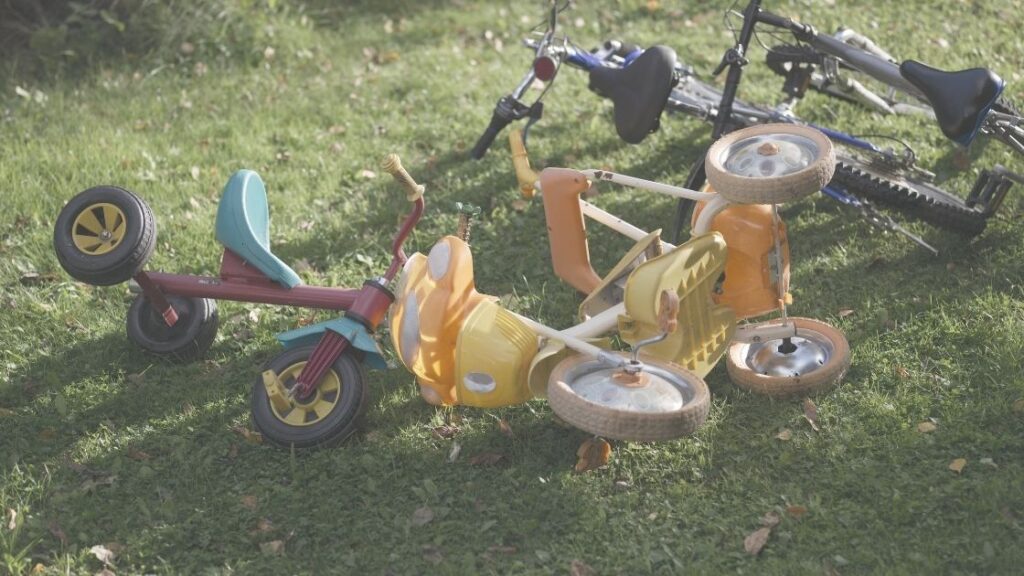Special Immigrant Juvenile Status: Quick Green Card for Abused, Neglected or Abandoned Children in California
Children who are not citizens and who have been abused, neglected or abandoned are particularly vulnerable. Special Immigrant Juvenile Status (SIJS) enables them to quickly get a green card giving them permanent residence in the United States. It’s far from an easy process, however, and to increase your chances, you will want to get the help of an experienced California immigration attorney. If your selected attorney also has family law experience or background, it will even be more helpful to you as this process can and does a lot of times include the involvement of the family court as well. The most important thing to remember is that there is an age limit for filing, so you do not want to put it off.
Eligibility for Special Immigrant Juvenile Status
You must meet all the statutory requirements in order to be granted Special Immigrant Juvenile Status. You can find these at INA § 101(a)(27)(J), 8 CFR §204.11 and USCIS Policy Manual, Volume 6, Part J- Special Immigrant Juveniles.
But to save you some time, here they are in a nutshell:
- Under federal law, you must be under 21 years of age at the time you file your SIJ petition, Form I-360, Petition for Amerasian, Widow(er), or Special Immigrant. It is not a problem if you pass the age of 21 before you can take additional action such as filing a Form I-485, Application to Register Permanent Residence or Adjust Status.
- You cannot be married when you file the SIJ petition or when the US Citizenship and Immigration Services (UCIS) makes a decision on your case.
- You must already be in the United States both when you file the SIJ petition and when UCIS makes a decision on your case.
- A state court in the U.S. must order that you cannot live with one or both of your parents because they abused, neglected or abandoned you. Also, the court must find it is not in your best interests to return to your country of nationality or the country where you or your parents last resided.
* IMPORTANT NOTE: In some cases, a California court may not be able to give you the kind of order you need to apply for SIJS after you turn 18. So, if you are 17 or approaching 17, you should act immediately. More on this in a moment.
Advantages of Special Immigrant Juvenile Status
SIJS waives many grounds of inadmissibility that can prevent a non-citizen from getting a green card. These include
- Entering the country illegally
- Working illegally without proper documentation
- Being a public charge: There is no need to show financial support.
- Various immigration violations
In addition, those with Special Immigrant Juvenile Status can get a green card relatively quickly and do not need to pay a green card application fee.
On what may be the downside, if you get Special Immigrant Juvenile Status, you will not be able to help your parents with their immigration status. It does not matter whether or not your relationship with one of your parents is a good one.
Applying for Special Immigrant Juvenile Status
To apply for SIJS, you must first get an order from a state court indicating you are eligible. After that, you can apply with the United States Citizenship and Immigration Service.
Get an Order from a State Court
Immigration is governed by federal law, so Special Immigrant Juvenile Status is unusual because it begins with a state court. This is because state rather than federal courts are set up to deal with family issues. It’s the state court that will determine whether or not you have been abused, neglected or abandoned. Before you can apply for SIJS, a state court must issue a “special findings order” that declares you are eligible. In California, you will usually go to the superior court in the county where you live.
The California state court must determine you cannot be reunited with your parents due to abuse, abandonment, neglect or a similar reason under California law. The court must also determine it is not in your best interests to return to your country of nationality or where you were previously living. Finally, the judge will give custody to the court, an agency or a private person if that has not already been done.
Often, the Special Immigrant Juvenile Status becomes part of an already existing case such as one for guardianship, custody, neglect, adoption, domestic violence restraining orders and more.
As already stated, the I-360 form must be filed before you are 21. HOWEVER, in some cases you may not be able to get the special findings order you need after you turn 18, because juvenile courts may not have jurisdiction over people after age 18. So, if you are already 17, you have no time to waste. Talk to a California attorney who is experienced both in immigration and family law, and they can advise you of age limits in your case.
Apply to the United States Citizenship and Immigration Service
Once you have a state court special findings order that declares your eligibility for SIJS, you must file Form I-360, Petition for Amerasian, Widow(er), or Special Immigration with the USCIS. Once that is approved, you can begin your process for a green card and eventually for citizenship if you wish.
Call Ghazi Law Group for a Consultation
If you are a custodian or sponsor of an unaccompanied immigrant child who may qualify for SIJS, call Ghazi law group for a consultation. We are experienced in both immigration law and California family law. Do this as soon as possible, particularly if the child in question is already 16 or 17. Contact Ghazi Law at (818) 839-6644 or email us at contact@ghazilawgroup.com. We are located in Sherman Oaks, California, close to Encino, Woodland Hills, Studio City, and other areas of Los Angeles County.

